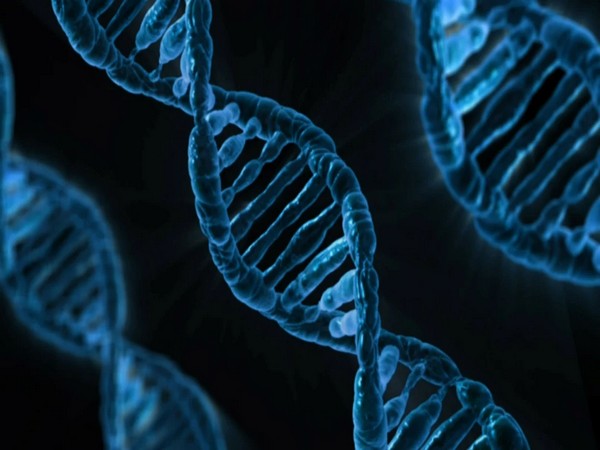Science News Roundup: Harvard's modern-day Darwin warns against humanity's downward slope; DNA from Sitting Bull's hair confirms living great-grandson's ancestry and more
Researchers said on Thursday the Great Red Spot plunges between roughly 200 to 300 miles (350 to 500 km) below the cloud tops on Jupiter, based on microwave and gravity measurements obtained by Juno. Breakthrough infections can lead to long COVID; genes may explain critical illness in young, healthy adults The following is a summary of some recent studies on COVID-19.

Following is a summary of current science news briefs.
Harvard's modern-day Darwin warns against humanity's downward slope
The Harvard University scientist who has called for setting aside half the planet as a nature preserve says the slope of human history will always be downward unless there is global cooperation to save existing species. Edward O. Wilson, a 92-year old naturalist hailed as the Darwin of the 21st century, said humankind is not too polarized to save the planet, even as some of the world's biggest polluters drag their feet on cutting carbon emissions and arresting global warming.
DNA from Sitting Bull's hair confirms living great-grandson's ancestry
A sample of Sitting Bull's hair has helped scientists confirm that a South Dakota man is the famed 19th century Native American leader's great-grandson using a new method to analyze family lineages with DNA fragments from long-dead people. Researchers said on Wednesday that DNA extracted from the hair, which had been stored at the Smithsonian Institution in Washington, confirmed the familial relationship between Sitting Bull, who died in 1890, and Ernie LaPointe, 73, of Lead, South Dakota.
Explainer-High-tech climate solutions that could cut emissions in the long term
From replicating the process that fuels the sun to harnessing scorching temperatures deep below our feet, scientists, companies and venture capitalists are betting on high-tech ways to power the planet without emitting greenhouse gases. Such "moon-shot" technologies are likely to be a topic of conversation when delegates meet at U.N. climate talks in Scotland starting on Sunday, to figure out how to speed the transition off fossil fuels.
Jupiter's huge Great Red Spot storm is much deeper than expected
Data from NASA's Juno spacecraft is providing a deeper understanding of Jupiter's wondrous and violent atmosphere including its Great Red Spot, finding that this immense swirling storm extends much further down than expected. Researchers said on Thursday the Great Red Spot plunges between roughly 200 to 300 miles (350 to 500 km) below the cloud tops on Jupiter, based on microwave and gravity measurements obtained by Juno.
Breakthrough infections can lead to long COVID; genes may explain critical illness in young, healthy adults
The following is a summary of some recent studies on COVID-19. They include research that warrants further study to corroborate the findings and that have yet to be certified by peer review. Breakthrough infections can lead to long COVID
(This story has not been edited by Devdiscourse staff and is auto-generated from a syndicated feed.)










